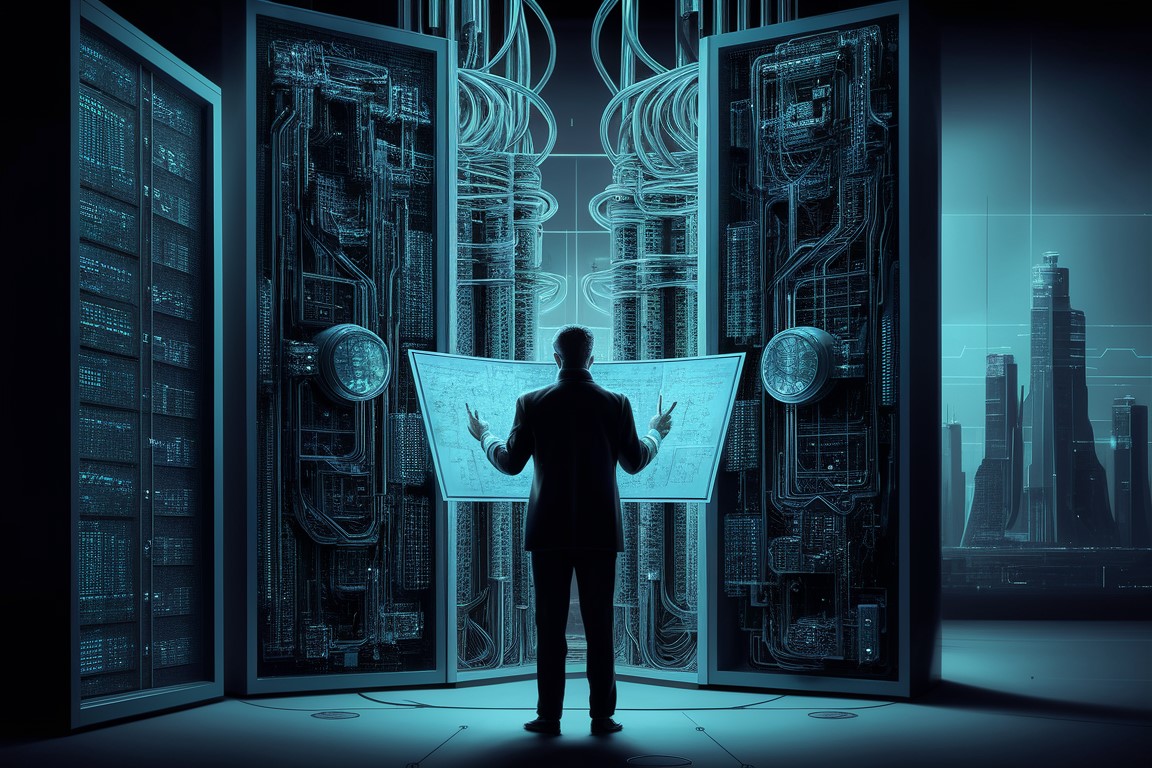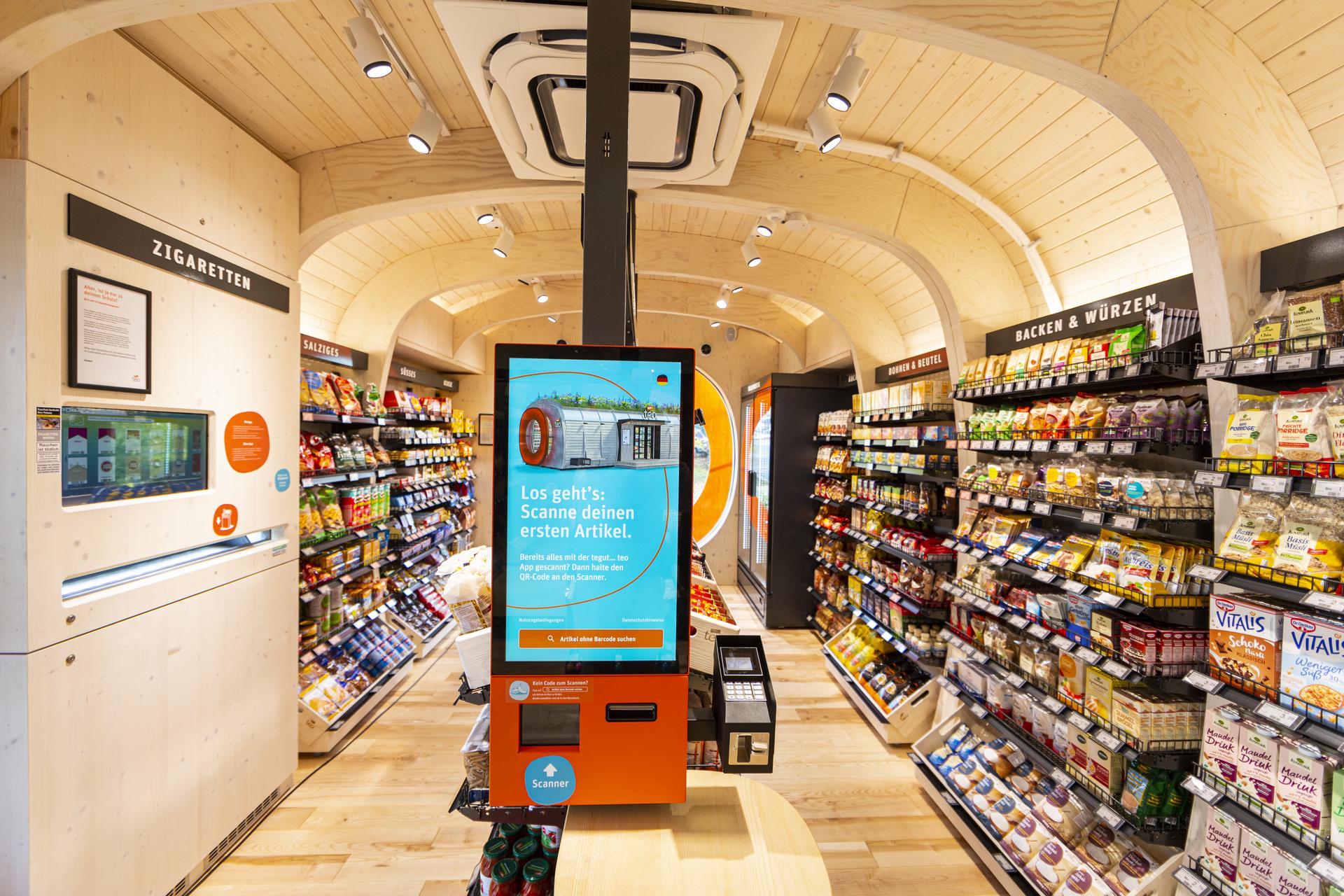The atmosphere acts like a blurring lens that distorts astronomical observations from the ground. Adaptive optics systems have helped partially address this issue over the past 30 years. But atmospheric blurring remains a problem, especially for faint, distant objects.
A new study from Northwestern and Tsinghua Universities uses a deep learning algorithm to remove atmospheric blurring effects from simulated images. The algorithm is tailored for the Vera Rubin Observatory, a new telescope under construction in Chile. Removing blurring is critical for the Vera Rubin Observatory to accurately measure gravitational lensing effects.
The algorithm uses a convolutional neural network to process images and restore a deblurred version mimicking conditions without Earth's atmosphere. Early results are promising, with improvements in the signal-to-noise ratio compared to other deblurring techniques.
However, there are risks to this modeling approach. The accuracy depends heavily on the simulator used to generate the training data. Insufficiently accurate simulations will bias the model. There is also a risk of hallucination - the model introducing non-existent patterns during image reconstruction. Interpreting machine learning outputs requires great care.
Overall, this research tackles a long-standing problem in astronomy using modern AI techniques. The code has been made open source for others to use and build upon. This is an exciting development, but validation on real telescope data will be an important next step. The field of AI-enhanced astronomy image processing continues to show great promise.


















